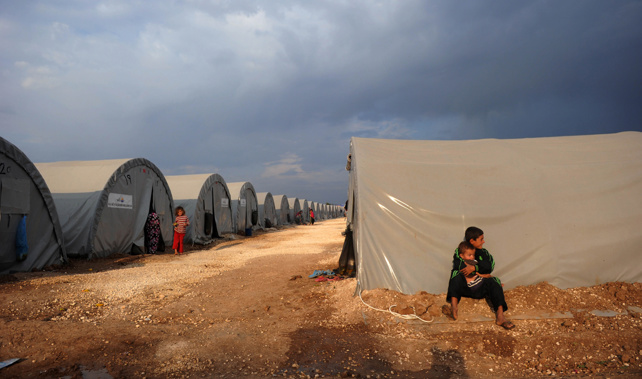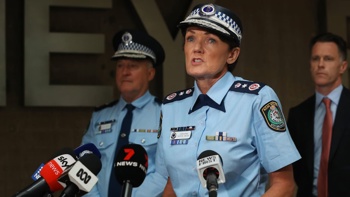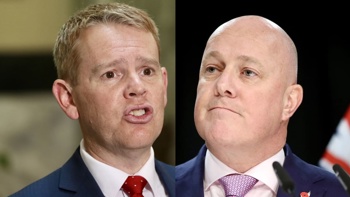
It's a grim anniversary today: the sixth anniversary of the start of the Syrian conflict, a conflict unchecked for so many years now, and left millions either living as refugees or internally displaced. Syria is now home to the largest number of displaced people in the world. More than half are children.
Of the 22 million who lived in Syria before the conflict, more than five million are now scattered across the Middle East and Europe, but the broader impact of the war has been huge, allowing the Islamic State group to take over vast territory, destabilising an already volatile Middle East. It has cost the big humanitarian agencies like the World Food Programme billions and billions of dollars.
It's hard to grasp on this side of the world, isn't it? Every year, when I mark the anniversary of the Syrian conflict, I always hope that I won't have to mark it the following year, and that the conflict will be over. But here I am marking it again for a sixth year.
The greatest danger, though, is the millions of children now growing up without any form of education.
Before the conflict, 97% of Syrian children had access to education. The government there pledged to eliminate illiteracy by 1991. Schooling become compulsory, even in some of the more remote desert areas. And before the conflict, literacy rates were thought to be over 90%.
Now, Syria, with its once brilliant universities is, as we know, a pile of rubble, and millions of children have been without access to education for six years.
Desperate parents have married some of their children off: they simply can't support them any more.
Others are working in the fields. You see it when you travel through the Bekka valley which divides Lebanon and Syria. Tiny children digging potatoes or tending tomatoes, most for a few cents a day.
But the real issue is when displaced boys don't have access to education. Instead of finding camaraderie and mentors in a school environment, they look to armed groups or soldiers as their heroes. They're given a gun, they join a group, and in exchange for food, shelter and money, they fight.
Education stops that. Education offers social stability, a form of protection for children, and in time it will help fuel (you would hope) Syria's economic recovery.
It's such a challenging situation. The scale of the crisis is huge. But without education, the conflict will be perpetuated. And yet how do you provide education to millions of children?
Education, in whatever capacity, surely has to become a major priority, not just the humanitarian agencies, but for the world superpowers, and the UN too.
The long term cost of not educating Syria's children is simply too great.
Take your Radio, Podcasts and Music with you









